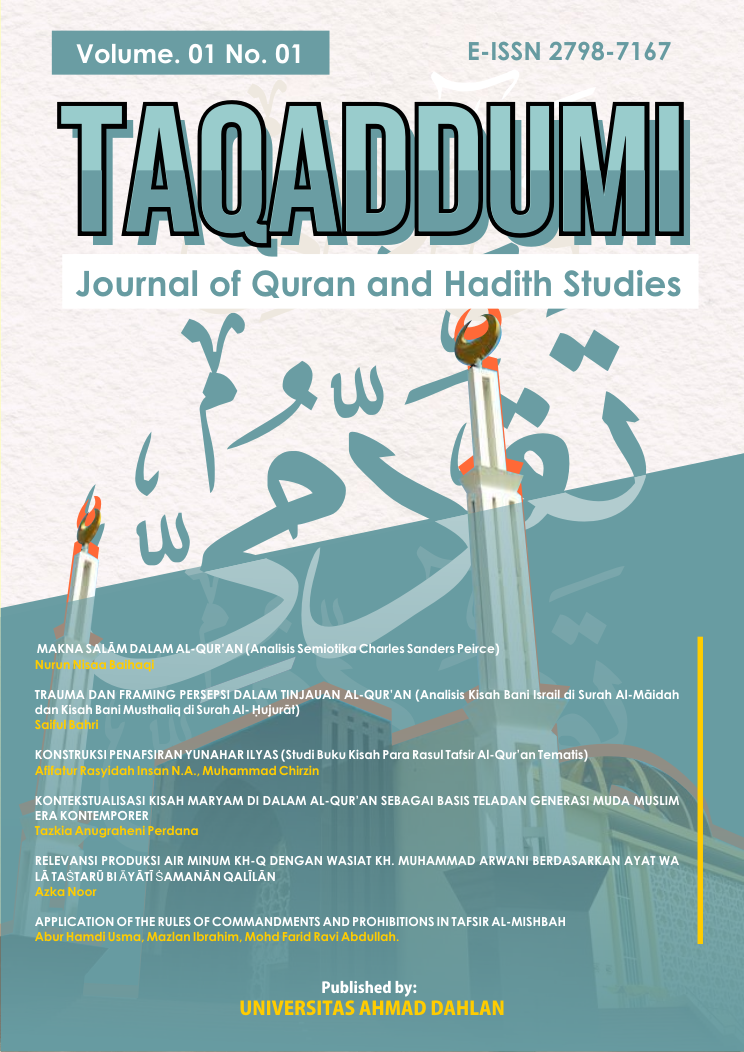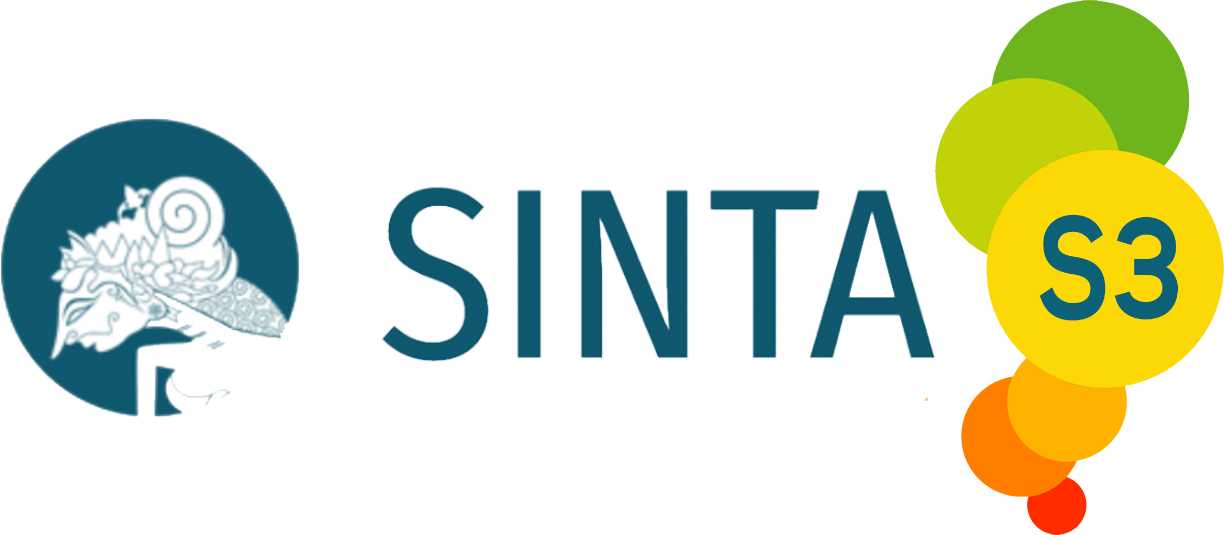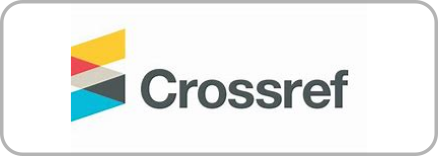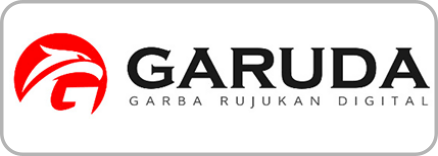RELEVANSI PRODUKSI AIR MINUM KH-Q DENGAN WASIAT KH. MUHAMMAD ARWANI BERDASARKAN AYAT WA LĀ TAṠTARŪ BI ᾹYĀTĪ ṠAMANĀN QALĪLĀN
DOI:
https://doi.org/10.12928/taqaddumi.v1i1.4240Keywords:
Produksi Air Minum Kh-Q, Wasiat KH. Muhammad Arwani, memperjualbelikan ayat al-QuranAbstract
This paper contains the search for the meaning of buying and selling verses contained in Qs. al-Baqarah verse 41 and the context of its use in the Qur’an according to the mufassir's perspective, as well as the perspective of KH. Muhammad Arwani, in an effort to find answers to the assumptions of some people regarding the production of Kh-Q drinking water by PT. Buya Barokah is under the auspices of the Arwaniyyah Foundation Business Entity which is temporarily viewed by some as an act of trading verses. The author uses the maudhui thematic method as a whole verse and the interview method with zurriyyah (Family) and related people as well as observations to collect data and analyze it in order to find answers that can be accounted for. in this case the author uses analytica l descriptive method. The results of the study show that there is no element of searching for something worldly from selling Kh-Q and not like what is contained in Qs. al-Baqarah verse 41, so the author does not find any relevance between Kh-Q products and KH. Muhammad Arwani’s testament regarding the prohibition of trading verses based on Qs. al-Baqarah verse 41.
References
Al-A’zami, Muhammad Diya’ al-Rahman. al-Minnatu al-Kubro Syarh wa takhrij al-Sunan al-Sugro li al-Hafiz Jilid 6. 1 ed. Riyad: Maktabah ar-Rusyd, 2001.
Al-Bagawi, Al-Imam al-Muhaddis al-Faqih al-Hasain ibn Mas’ud. Syarh al-Sunnah Jilid 5. 1 ed. Beirut: Maktabah al-Islami, 1983.
Al-Bukhori, Abu Abdillah Muhammad ibn Ismail ibn Ibrahim ibn Mugirah al-Ju’fiy. Sohih al-Bukhori Jilid 2. 1 ed. Beirut: Dar Thuq an-Najah, 1422.
Al-Fakihani, Al-Imam Taj ad-Din. Riyad al-Afham fi Syarh ‘Umdat al-Ahkam Jilid 1. Dar an-Nawadir, n.d.
Al-Farisi, Al-Amir ‘ala’uddin ‘ali ibn Bilban. Sohih ibn Hibban bi Tartib ibn Bilban Jilid 11. 2 ed. Beirut: Muassasah ar-Risalah, 1993.
Al-Hanbali, Al-Qadi Abi Ya’la Muhammad ibn al-Hasan al-Farra’ Al-Bagdadi. Al-‘Uddah fi Usul Al-Fiqh Jilid 2. Riyad: al-Mamlakah al-Arabiyyah as-Saudiyyah, 1990.
Al-Jailani, Abdul Qodir. Sirr al-Asrar fi ma Yahtaju Ilaihi al-Abror. Diedit oleh Abdul Majid Hj. Khatib. Jogjakarta: Diva Press, 2010.
Al-Maragi, Ahmad Musthafa. Tafsir Al-Maragi Jilid 10. 2 ed. Beirut: Dar Al-Kutub Al-Ilmiyyah, 2006.
Al-Mubarakfuri, Muhammad bin Abd ar-Rahman bin Abd ar-Rahim. Tuhfatu al-Ahwazi Bisyarh Jami’ at-Tirmidzi. Beirut: Darul Kutubil ‘Ilmiyyah, n.d.
Al-Qada’i, Al-Qadi Abi Abdullah Muhammad ibn Salamah. Musnad Asy-Syihab Jilid 2. Beirut: Muassasah ar-Risalah, 1985.
Al-Qazwini, Abi Abdillah Muhammad bin Yazid. Sunan Ibn Majah Jilid 1. Dar Ahya’ al-Kutub al-‘Arabiyyah, n.d.
Al-Qurtubi, Al-Imam Abu Abdillah Muhammad bin Ahmad al-Ansori. Al-Jami’ Al-Ahkam al-Qur’an Jilid 1. 1 ed. Beirut: Dar al-Kutub al-Ilmiyyah, 1988.
An-Naisaburi, Abi Al-Hasan ‘Ali bin Ahmad Al-Wahidi. Asbab An-Nuzul. 2 ed. Dammam: Dar Al-Islah, 1992.
As-Sajastani, Abi Daud Sulaiman bin al-Asy’as. Sunan Abi Daud. Riyad: Bait al-Afkar ad-Dauliyyah, 1999.
As-Suyuti, Jalaluddin Abi Abdurrahman. Lubab an-Nuqul fi Asbab an-Nuzul. 1 ed. Beirut: Muassasah al-Kutub as-Saqafiyyah, 2002.
Asyhar, Nurul. Pengaruh Etika Bisnis Islami terhadap Tingkat Kuantitas Penjualan Produk pada Perusahaan Air Minum PT. Buya Barokah Kudus. Semarang: IAIN Walisongo, 2013.
Azra, Azyumardi. Jaringan Ulama Timur Tengah. Bandung: Mizan, 1999.
Esack, Farid. The al-Qur'an: a Short Introduction. London: Oneworld Publication, 2002.
Fahruriza, Alif. Wasiat Larangan MTQ Mbah Kiai Arwani Amin Berdasar Q.S. Al-Baqarah Ayat 41 Menurut Persepsi Zurriyah dan Santri Senior di Kudus. Kudus: IAIN Kudus, 2017.
Fahrurriza, Alif. Wawancara Alif Fahrurriza (Mahasiswa IAIN Sunan Kudus) dengan KH. Abdul Manan (n.d.).
Fauzi, Moch Prima. “Perubahan Molekul Air Setelah Dibacakan Doa.” Last modified 2021. https://techno.okezone.com/read/2016/09/06/56/1482974/perubahan-molekul-air-setelah-dibacakan-doa.
Hambal, Imam Ahmad bin. Al-Musnad Jilid 17. Beirut: Muassasah al-Risalah, n.d.
Ibn Hajar, Al-Imam al-Hafiz. Syarh an-Nukhbati Nuzhatu an-Nazira fi Taudih Nukhbat al-Fikr. 3 ed. Damaskus: As-Sabah, 2000.
Ibnu Kasir, Al-Hafiz ‘Imaduddin Abi al-Fada’ Isma’il bin Umar. Tafsir Ibnu Kasir al-Musamma Tafsir al-Qur’an al-‘Azim Jilid 1. 3 ed. Beirut: Dar al-Kutub al-Ilmiyyah, 2012.
Jamrah, Suryan A. “Ikhtilaf dan Etika Perbedaan dalam Islam” 6, no. 2 (2014).
Kasali, Rhenald. Membidik Pasar Indonesia : Segmentasi, Targeting, Positioning. Jakarta: PT. Gramedia Pustaka Utama, 1998.
Kemdikbud. “Insomnia.” https://kbbi.kemdikbud.go.id/entri/insomnia.
Kementerian Wakaf dan Urusan Islam. Al-Mausu’ah Al-Fiqhiyyah Jilid 2. 2 ed. Kuwait: Dzat al-Salasah, 1983.
Khallaf, Abdul Wahab. Ilmu Usul al-Fiqh. Kairo: ad-Da’wah al-Islamiyyah, n.d.
Lembaga Pengembangan Tilawatil Quran. 25 tahun MTQ dan 17 tahun LPTQ. Jakarta: LPTQ, 1994.
Malik, Abi al-Hasan ‘Ali ibn Khalaf ibn Abdul. Syarh Sahih al-Bukhori li Ibn Battal Jilid 6. Riyad: Maktabah ar-Rusyd, n.d.
Mustaqim, Abdul. Ilmu Ma’anil Hadis, Paradigma Interkoneksi Berbagai Teori dan Metode Memahami Hadis Nabi. 1 ed. Yogyakarta: IDEA Press, 2008.
Nata, Abudin. Perspektif Islam tentang Pola Hubungan Guru-Murid. Jakarta: PT. Raja Grafindo Persada, 2001.
Noor, Azka. Wawancara dengan Bapak Moh. Saufiq (Manajer Divisi AMDK) (2021).
———. Wawancara dengan KH. Abdul Basyir Mukhtar (n.d.).
———. Wawancara dengan KH. Muhammad Ulil Albab Arwani (Direktur Utama PT. Buya Barokah) Putra dari KH. Muhammad Arwani Amin (2021).
———. Wawancara dengan Riqza Ahmad, SQ. MA (Zurriyyah sekaligus Direktur PT. Buya Barokah) (2021).
———. Wawancara Penulis dengan Kiai Yunus (Tokoh Masyarakat Desa Ngetuk, Ngembal Rejo, Kudus) (2021).
Shiddiqy, Nouruzzaman. Fiqh Indonesia: Penggagas dan Gagasannya, Biografi, Perjuangan dan Pemikiran Teungku Muhammad Hasby ash-Shiddieqy. Yogyakarta: Pustaka Pelajar, 1997.
Shihab, M. Quraish. Lentera Al-Qur'an. 1 ed. Bandung: PT. Mizan Pustaka, 2013.
———. Tafsir Al-Misbah Jilid 1. 5 ed. Jakarta: Lentera Hati, 2005.
Sholihah, Khodijatus. Perkembangan Tilawatil Qur’an Dan Qira’ah Sab’ah. Jakarta: Pustaka Al-Husna, 1983.
Downloads
Additional Files
Published
Issue
Section
License
Copyright (c) 2021 Azka Noor

This work is licensed under a Creative Commons Attribution-ShareAlike 4.0 International License.
License and Copyright Agreement
In submitting the manuscript to the journal, the authors certify that:
- They are authorized by their co-authors to enter into these arrangements.
- The work described has not been formally published before, except in the form of an abstract or as part of a published lecture, review, thesis, or overlay journal. Please also carefully read the Taqaddumi Author Guidelines at http://journal2.uad.ac.id/index.php/taqaddumi/about/submissions#onlineSubmissions
- That it is not under consideration for publication elsewhere,
- That its publication has been approved by all the author(s) and by the responsible authorities – tacitly or explicitly – of the institutes where the work has been carried out.
- They secure the right to reproduce any material that has already been published or copyrighted elsewhere.
- They agree to the following license and copyright agreement.
Copyright
Authors who publish with the Taqaddumi Journal agree to the following terms:
- Authors retain copyright and grant the journal right of first publication with the work simultaneously licensed under a Creative Commons Attribution License (CC BY-SA 4.0) that allows others to share the work with an acknowledgment of the work's authorship and initial publication in this journal.
- Authors are able to enter into separate, additional contractual arrangements for the non-exclusive distribution of the journal's published version of the work (e.g., post it to an institutional repository or publish it in a book), with an acknowledgment of its initial publication in this journal.
- Authors are permitted and encouraged to post their work online (e.g., in institutional repositories or on their website) prior to and during the submission process, as it can lead to productive exchanges, as well as earlier and greater citation of published work.









